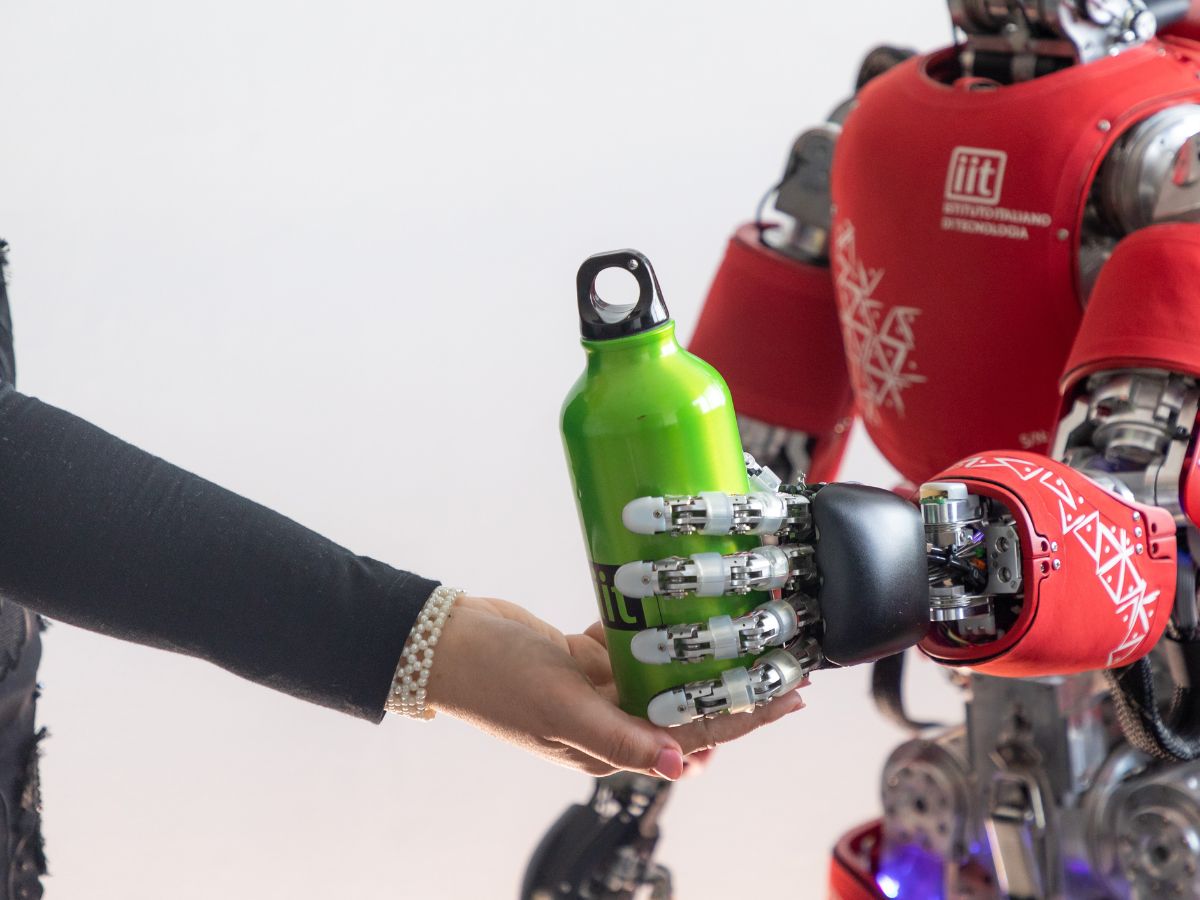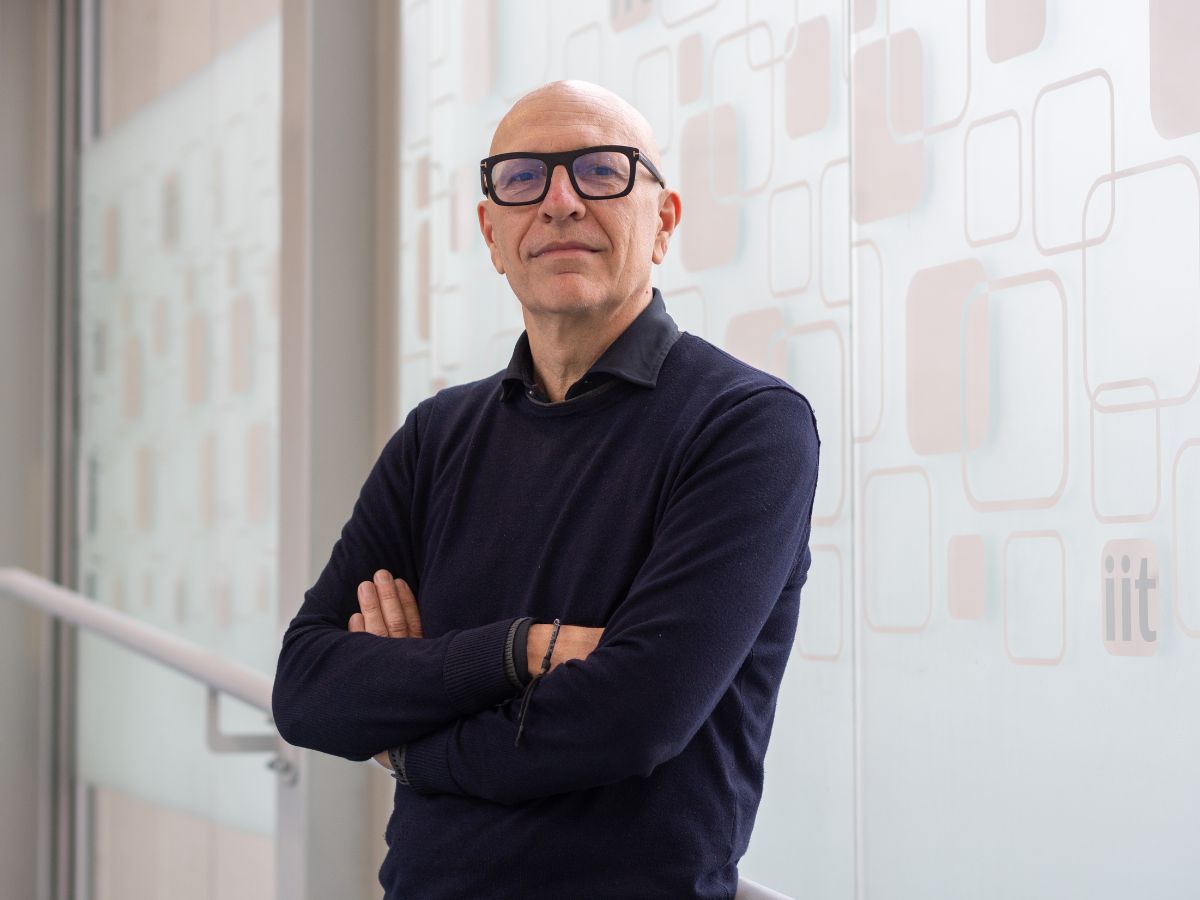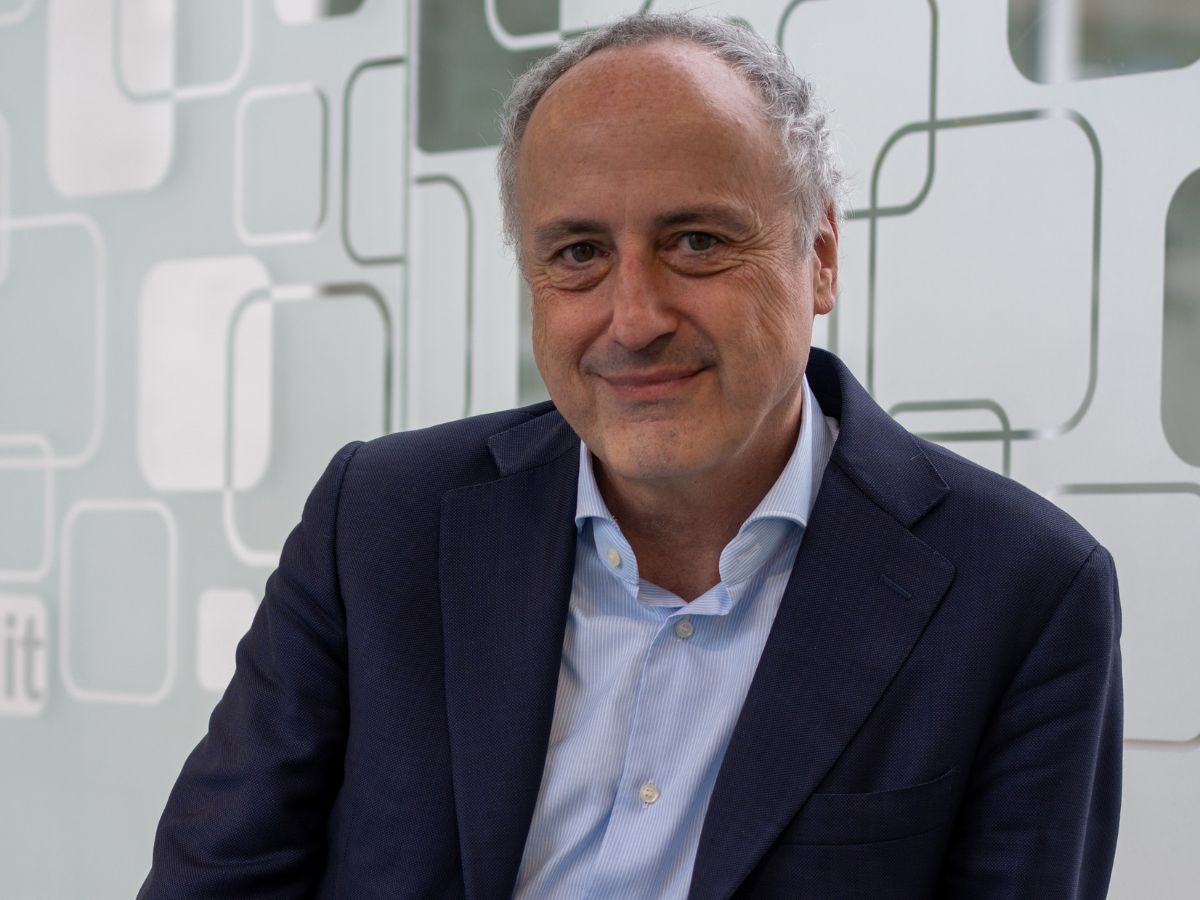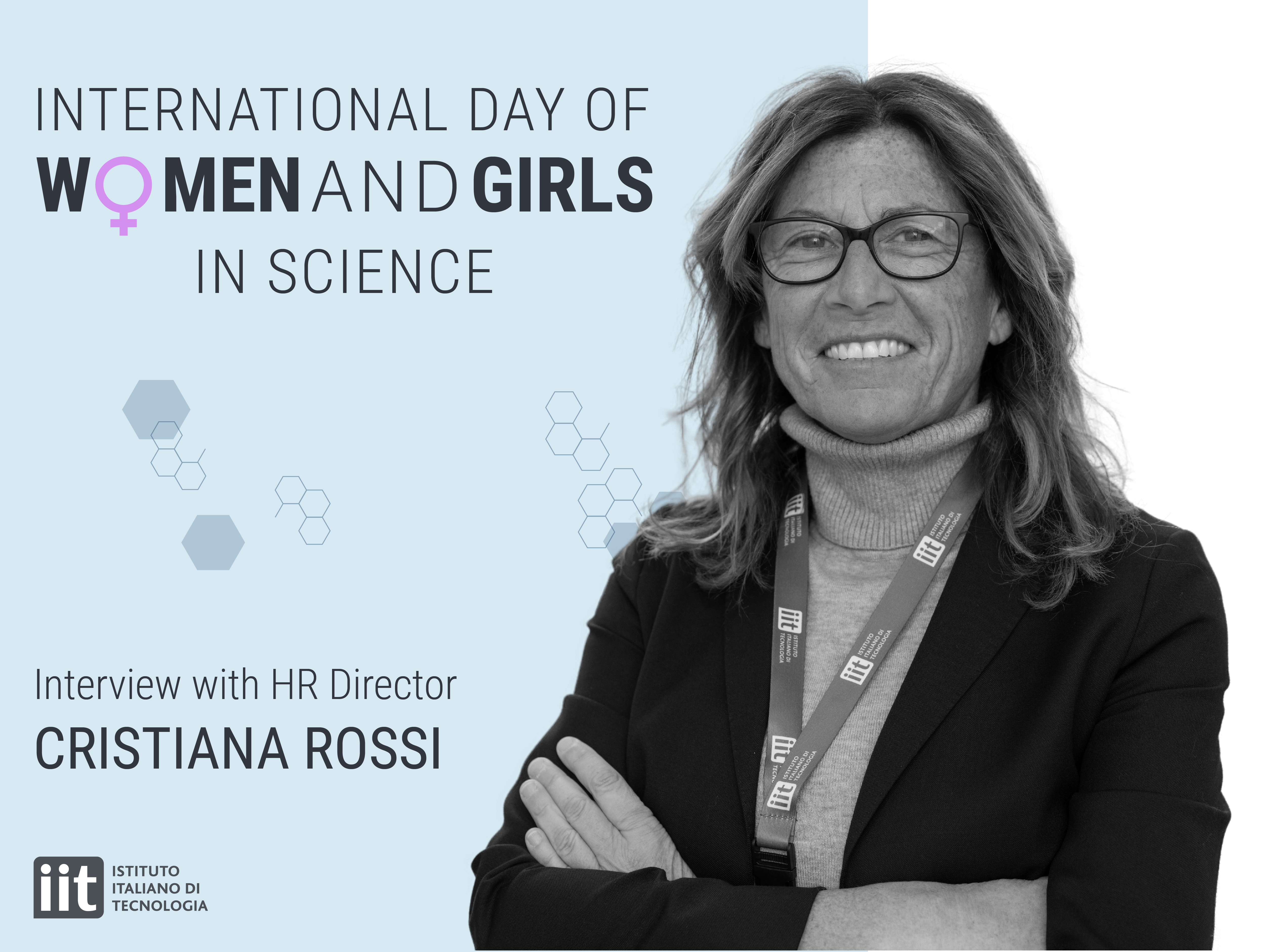Interview with Massimiliano Gatti, head of the Technical Services and Facilities Directorate
Countering climate change is one of the goals of the 2030 Agenda for Sustainable Development, the action programme comprising 169 targets signed in September 2015 by the governments of UN member states: UN countries’ shared objectives such as the fight against poverty, the eradication of hunger and the energy transition, plus the EU’s goal of zero net emissions by 2050, the so-called European Green New Deal.
Ecological sensitivity, however, has become a secondary consideration from when an increase in energy prices was triggered in October 2021, which saw the cost of electricity and gas bills shooting up to all-time highs, in Italy and in other countries. The factors at the root of these price increases include the demand for energy, the difficulty of sourcing raw materials to keep up with the growth in production, industry’s need for methane, and environmental regulations for the transition in energy production. It is also a direct consequence of the war in Ukraine.
Government actions aimed at alleviating the rising cost of electricity and gas, such as the latest “Aiuti-ter” (third aid) decree passed by the government, contain measures of support for families and businesses, but these do not apply to Foundations such as the Italian Institute of Technology.
We interviewed IIT’s Director of Technical Services and Facilities, Massimiliano Gatti, to find out how the Institute will deal with these price rises, to the detriment of which other activities, and the measures that have been taken internally to stem these increases.
Part of the Technical Services and Facilities Department – the Energy and Environment Office – has been working on themes regarding the environment, sustainability and recycling for many years. Over the last few weeks, a campaign called “Switch Me Off” has been launched: a series of tips on actions to be implemented internally in offices and laboratories to save energy and mitigate the rises in energy bills.
Massimiliano, the idea for the campaign came about immediately after this alarming situation of rising energy costs. What sort of advice are you providing, and how can it affect overall costs?
For years now, IIT has been promoting its Environmental Policy, in part through internal campaigns, by means of an Environmental Management System, certified according to ISO14001:2015. “Switch Me Off” is a direct and spontaneous way of reminding all staff that energy saving and environmental protection can be achieved partly by means of small daily gestures, without disrupting our everyday habits. An example? Even when switched off, a computer absorbs from 3W to 6W, and if you think of the number of computers at IIT, it is easy to understand the positive impact of unplugging them!
Has IIT already received its first much higher energy bills? What was the percentage rise compared to previous years and how will this notable increase affect the Foundation’s budget?
The increases we have all heard about on TV and in the newspapers have of course hit IIT hard as well: the tariff for August 2022 is 3.5 times higher than that of the same month the previous year. The Foundation has already implemented budget revisions in recent months to cope with this extra expense.
We have learned that the decrees approved by the Council of Ministers for aid to SMEs, companies and families do not include Foundations such as IIT. This means being left out from all the measures introduced to deal with the current emergency situation, and consequently the need to cut expenditure.
Which areas of IIT do you think will be most affected and which other measures will IIT implement to safeguard research and the results of its research activities?
In order to enable our researchers to continue their scientific production at the high levels to which we have become accustomed, without suffering significant impact, IIT’s Technical Services and Facilities Directorate, working with all the other directorates involved in various capacities, has for months been developing programmes designed to reduce overall energy consumption by means of efficient technology, the optimisation of resource management, and the elimination of waste. At the same time, studies are under way for the adoption of renewable resources that will enable the independent production of part of the energy needed to keep the research laboratories running.






